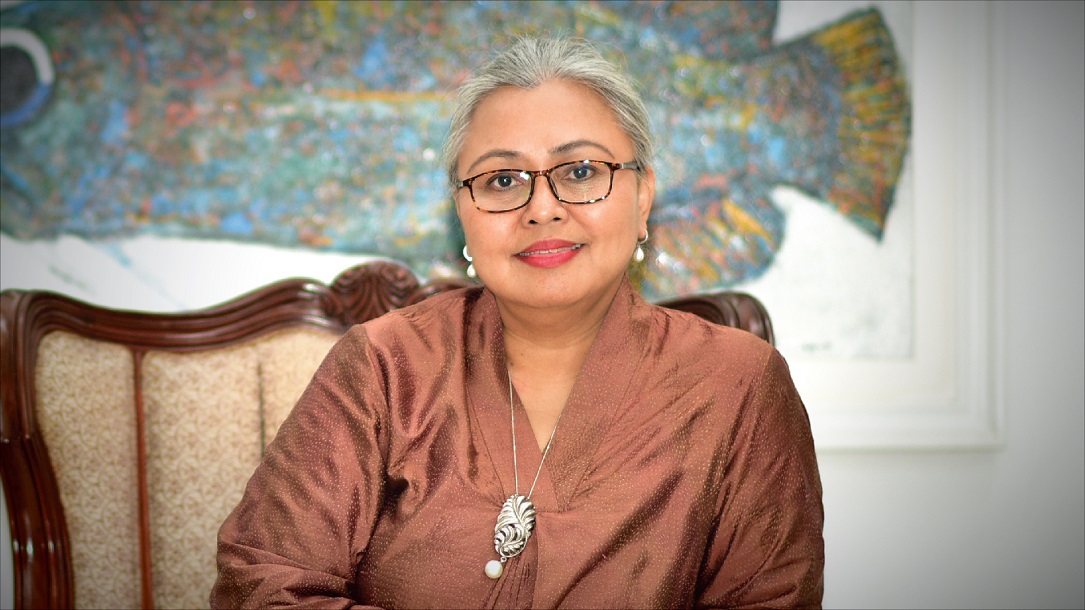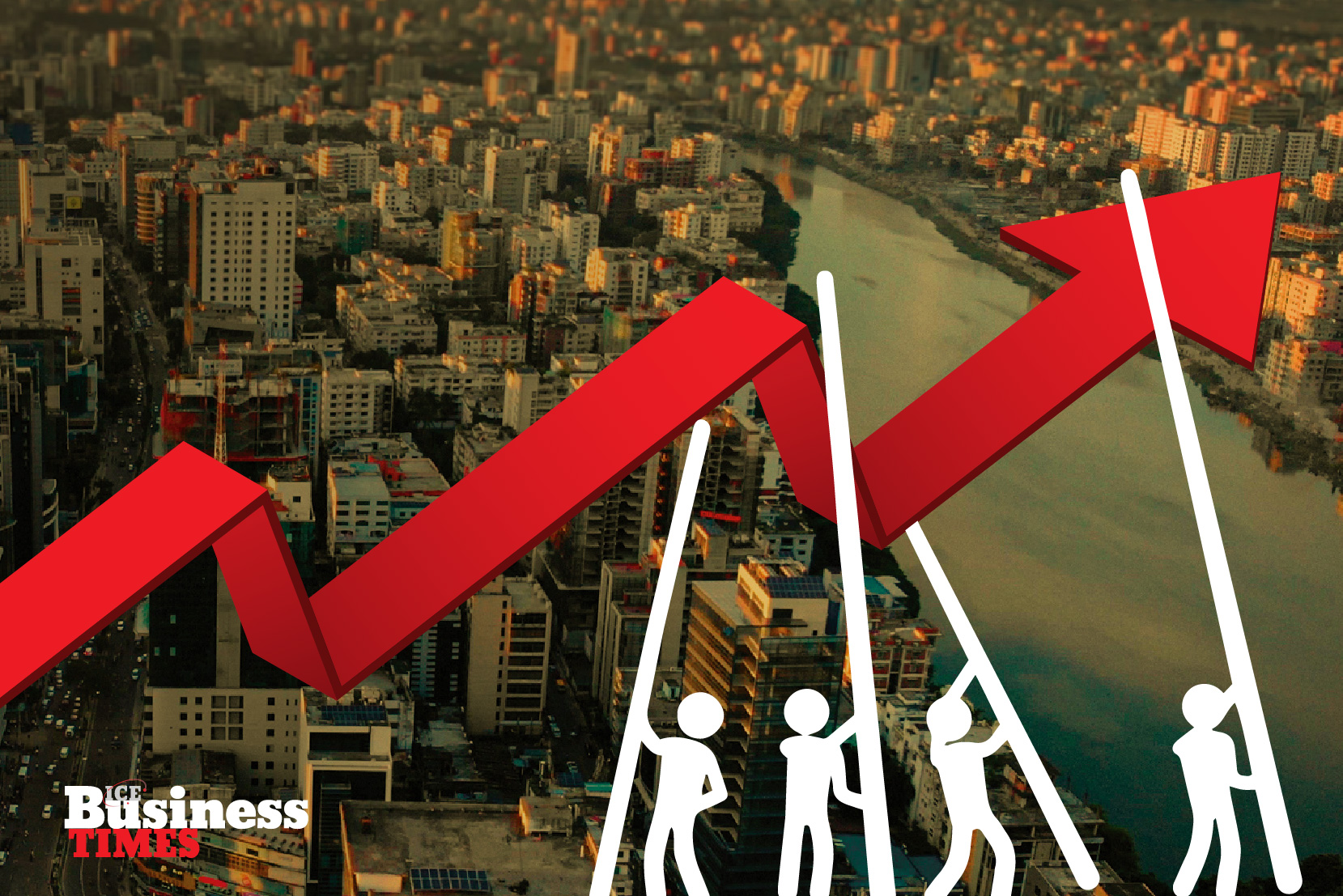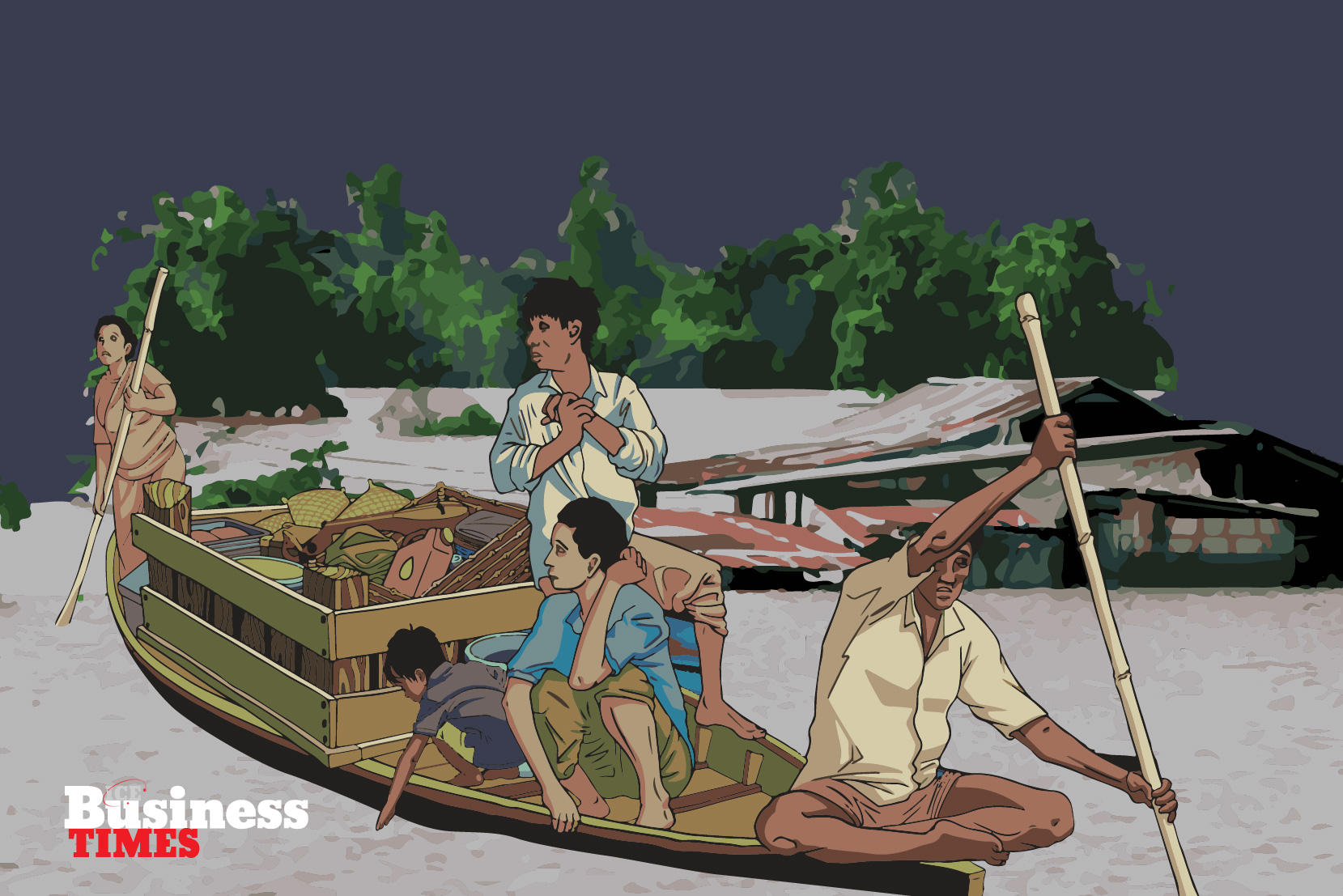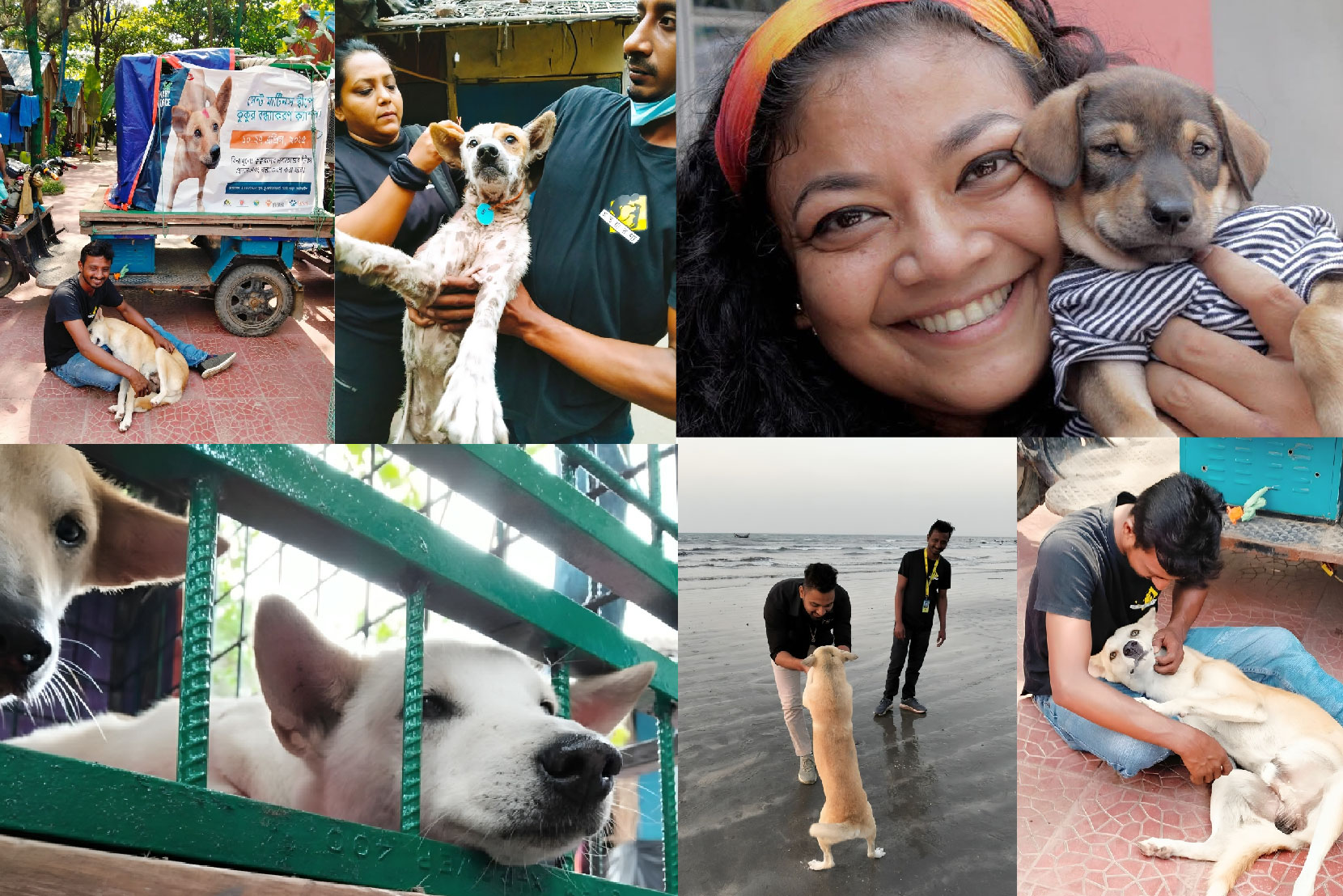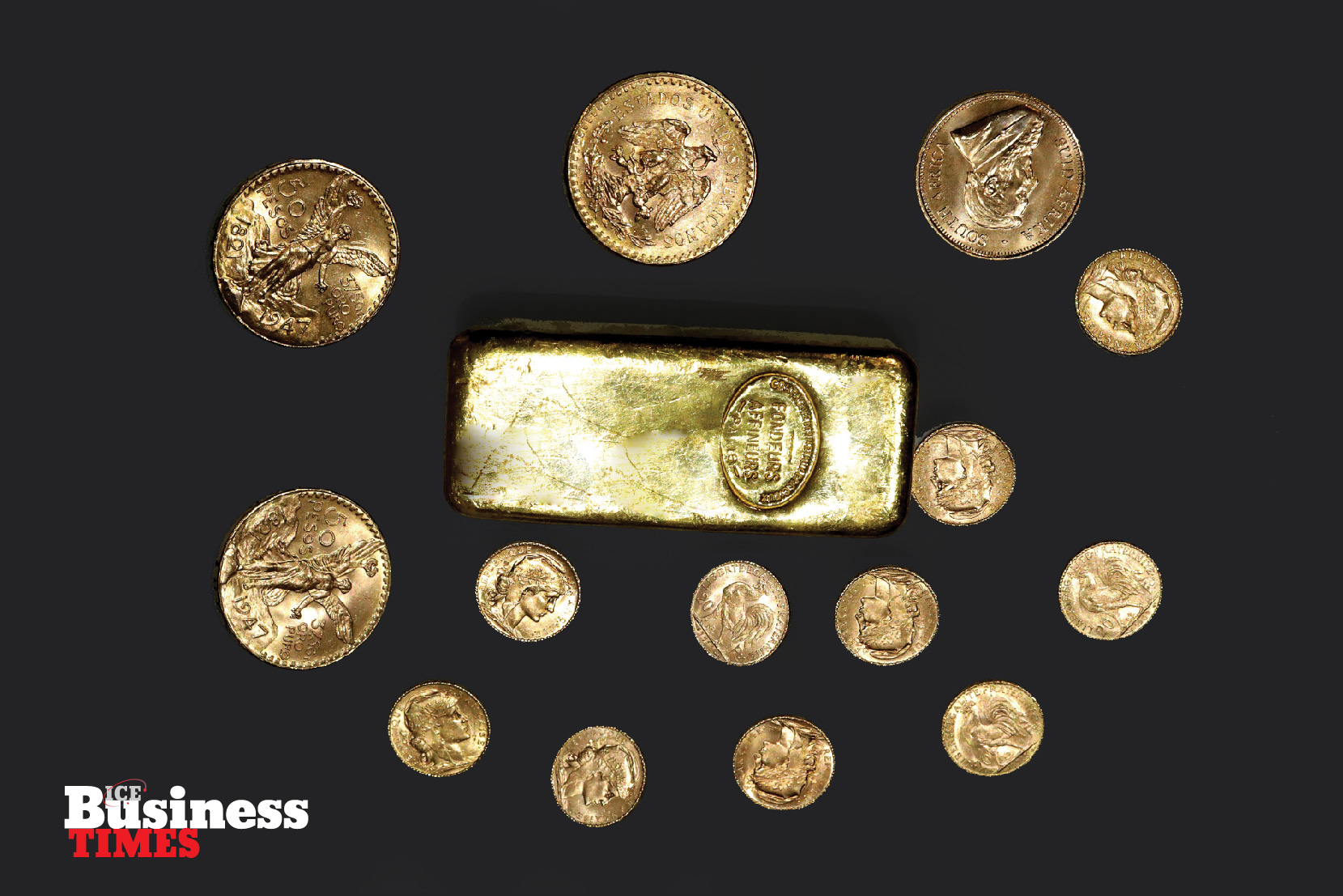How cooperation between Indonesia and Bangladesh can lead to the betterment of both nations
The Indonesian president recently visited Dhaka in order to discuss bilateral, regional and global issues, including the Rohingya crisis.
How do you think this will strengthen ties between both nations?
President Joko Widodo’s state visit from the 27- 29 of January 2018 was the first state visit for Indonesia after the visit of President Megawati in 2003, and that was almost 15 years ago. There have been some visits by the head of government of Bangladesh to Indonesia; notably during March of 2017, the honorable Prime Minister visited Indonesia to attend the Indian-Ocean Rim Association (IORA) summit in Jakarta, and she also participated at the Asia-Africa Commemorative summit in 2015. So, there has been an activity between the nations, but Indonesia president’s visit is something of a milestone for the relation of the two countries. During the visit, both countries signed five MOU agreements, and the understanding between the leaders of both nations has increased. President Joko Widodo has seen firsthand how Bangladesh is a growing economy and how numerous opportunities still need to be tact to bring the relations of the country to a higher level of engagement. During the Presidential visit, Bangladesh and Indonesia signed five instruments for boosting cooperation in different sectors including trade, diplomacy, fishing and energy between the two countries. Those five instruments are:
1. Joint Ministerial Statement on the launching of the negotiation for Bangladesh-Indonesia Preferential Trade Agreement for the respective sides
2. Joint Communique on cooperation to combat illegal, unreported and unregulated fishing and to promote sustainable fisheries governance
3. Memorandum of Understanding (MoU) between Bangladesh Power Development Board (BPDB) and Pertamina on integrated power project
4. Letter of Intent (LoI) on LNG supply from Pertamina to Petrobangla
5. Memorandum of understanding (MoU) on establishment Foreign Office Consultations to monitor all the bilateral agreement between both nations
During the visit, President Joko Widodo and the First Lady, Iriana Joko Widodo, visited Cox’s Bazaar. We understand that this is the first ever visit by a head of state to Cox’s Bazaar. This is also very important since the issue of the refugee crisis from the Rakhine state is also a concern of Indonesia. We have been trying to offer our assistance in any way we can to find a workable solution to this issue.
The relation between the two countries goes as far back as the independence of Bangladesh; Indonesia is one of the first countries to recognize Bangladesh as a sovereign country. Not long after that Indonesia opened diplomatic relations and as you can see that we are currently a very active embassy in managing the relations between our two countries.
Personally, for the embassy and I, the visit of President Joko Widodo to Bangladesh is very important, monumental in fact in a way that this will help enhance our bilateral relations in many ways. Furthermore, President Joko Widodo himself, the first lady, and some ministers who were accompanying him saw firsthand what potentials can be explored and utilized for us to grow together as developing nations.
Bangladesh and Indonesia have increased their bilateral trade by 25.96% to $1.53 billion. Could you detail the bilateral and multilateral agreements that Indonesia and Bangladesh have? How are you taking them forward?
We admire the sustainable growth that Bangladesh has experienced in the past decades; Indonesia can only aspire to such a rate of progress. Last year, the growth of 7.2% was remarkable. This has put Bangladesh as a country that will be among the groups of countries that have sustainable development and among the countries with the most GDP in the world. Indonesia also is a country that belongs to the G20; the nation is now the 15th largest economy in the world. We are also a developing country, and we are in the middle phase of our development. Infrastructure is something Indonesia and Bangladesh have a lot in common. This common ground is a basis for developing in a more united manner. We are two countries in the same region and close proximity. Our nations have a mostly Muslim population, Indonesia being the most substantial and Bangladesh being the third largest. There is also a notable degree of diversity of people from many cultures and religions from our countries. My time in this country has taught me that our cultures and habits are similar. We should harness this because our political and economic environments allow for a progressive relationship.
We see Bangladesh as not only a great marker but also we see Bangladesh as a partner. We can, and we have worked closely in the region to make this region a safer place. We can work internationally to make the world a more peaceful and safe place for us to live. In fact, we have been doing that; we just need to do it closely.
President Joko Widodo has seen firsthand how Bangladesh is a growing economy and how numerous opportunities still need to be tact to bring the relations of the country to a higher level of engagement. During the Presidential visit, Bangladesh and Indonesia signed five instruments for boosting cooperation in different sectors including trade, diplomacy, fishing and energy between the two countries.
Bangladesh is set to sign a Preferential Trade Agreement (PTA) with Indonesia to increase trade and export volumes by removing all barriers. Could you elaborate on how this will improve the economy between the nations?
In the international forum, Indonesia and Bangladesh have the same view and interest with regards to global issues. Our friendship on both parts allows us to work together. Data from Indonesia Ministry of Trade, Preferential Trade Agreement (PTA) Indonesia-Bangladesh will increase export values from Bangladesh to Indonesia up to $79.1 million and export values from Indonesia to Bangladesh up to $286 million. We are an active member of the United Nations and World Trade Organization (WTO). More importantly, we are also active members in the region; we have some regional organizations that we are members of most notably in the Indian Ocean Rim Association where we want to tact more blue economy and also where we can work together for the security in the region. Indonesia is a member of The Association of Southeast Asian Nations (ASEAN), we are in fact the largest country in ASEAN, and we are also a member of IORA. In a multilateral framework, Indonesia and Bangladesh together become a member of more than 50 international organization, one of them is Indian Ocean Rim Association (IORA). The Joint Communique on cooperation to combat IUU Fishing that was signed during the presidential visit is in line with the cooperation commitment of IORA as outlined in the Jakarta Concord. The commitment to eradicate IUU Fishing would contribute to improving the welfare of fishermen in both countries. We hopefully have put new initiatives to bring the cooperation forward for countries in the regions. We are also a country that initiates dialogue and partnership to address issues that are of concern for the region. We are co-chairing on People Smuggling, Trafficking in Persons and Related Transnational Crime. We are trying to work with countries in the region to make the area more peaceful and secure.
Indonesia and Bangladesh have a very distinctive culture, yet Indonesia has become a popular tourist destination. What advice do you have for Bangladesh in this context?
Indonesia is a vast country. We have, to be exact, 15,056 islands and more than 700 languages but we are defined by the Indonesian language, it’s the language that unites us together. Bangladesh knows Bali, it is very famous, but it is also just only a small part of Indonesia. We have a lot of other areas that need to be visited, and this is something also that I would like to introduce to Bangladesh. One trip from one point of the country to the furthest part in the other part of the country is the span from London to the end of the European continent. When we fly direct from East to West of Indonesia, you will need an eight-hour flight. I haven’t been to all parts of Indonesia, but I would like Bangladesh to know more about Sumatra. Sumatra is the nearest point between our two countries. If let’s say you are standing near Teknaf or even in Dhaka and you are looking South, I think that that first point that can be seen is Aceh which is in the North and South part of Sumatra, so we are not that far. If you fly there, it will only take you three hours so I would like to introduce more. As our country is vast, we have not explored all possibilities, but the government has designated some tourist destinations. Last year, the government had established a new tourist destination in Raja Ampat in Papua and also Lombok which is very close to Bali. We collectively are growing in regards to how we generate more tourists in our country and Bangladesh also has a lot of natural beauty like Sundarban, the largest mangrove forests. We have mangrove forests in Bali as well, but they are not in par or scale in Bangladesh. The country also has Cox’s Bazar which is the longest beach. We too have a lot of beaches and islands, but none of them are as long as Cox’s Bazar. One thing we are still working on is connectivity. Connectivity is essential, and if you want to showcase a particular destination, then there should be proper infrastructure, something that is continually working on.
Bali has been known for long mostly because of its uniqueness; it is an island mostly dominated by Hindu culture. Indonesia has the largest Muslim population in the world with almost 90% being Muslim, and Bali Island is mostly Hindu. Although they have similarities with the rest of the country, they have their own cultures and tradition which is unique and different from other cultures in Indonesia and this is apparent in their religion and their religious festivals. Every day in Bali you will see people doing all these rites, and they are not just done for a showcase, but they do it because it’s their way of life. As an Indonesian who is not from Bali is that if I go there, this would still interest me. To see, and follow all these customs the local people conduct as a daily part of their lives. Maybe that’s the most important part about Bali, not just the natural beauty because you can find that also in other parts of Indonesia.
Data from Indonesia Ministry of Trade, Preferential Trade Agreement (PTA) Indonesia-Bangladesh will increase export values from Bangladesh to Indonesia up to $79.1 million and export values from Indonesia to Bangladesh up to $286 million.
Tell us about the diversity of language and culture that Indonesia always boasts about.
Indonesia is an accumulation of diversity. We can describe Indonesia as wonderful Indonesia and as a country with so much beauty to behold and cultures to experience, languages to understand and traditions to perceive. Indonesia is remarkable in a way that among all the numbers that define Indonesia; with 250 million people,15,056 islands, 700 cultures, languages and ethnic groups, we manage to be a fast developing country. We are a country and a nation that has shared a lot for many centuries. We were under the Dutch administration for 350 years; we were also under Japanese occupation for three and half years and many other foreign administrations along the way. In 1928, the Dutch East Indies colonies assimilated from everywhere, from all over Indonesia at the time the Dutch were in this. They brainstormed and discussed how they could become an independent country. This was when they made an oath of three things: they will become one nation, they will become one country, and the third is one language. Out of all the languages they chose the language of the minority which is the Malayan language that now becomes well-known as Bahasa Indonesia. This was the eventual mantra. They decided upon the minority language because this will become something that will unite all other ethnicities.
The logical solution would have been to choose the biggest group, the Javanese. We chose the smallest because Java and Javanese were already too big. The people in Papua region itself have hundreds of ethnic groups, and they don’t know each other’s language, so they communicate in the Bahasa dialect of Indonesia. These are the things that unite us, the oath that was uttered in 1928 became the mantra, and our national logo is Garuda with the words, ‘Bhinneka Tunggal Ika.’ It is from Sanskrit and Bhinneka, and it means diversity, Tunggal is unity. Hence unity and diversity make us one. I am Javanese, but I wouldn’t have been able to communicate to people outside my ethnicity if it wasn’t for Bahasa Indonesia. The people of the eastern part of Javanese do not understand the western part, so one language brings all of us under one umbrella. I think it works in Bangladesh as well, the identity of Bengali defines Bangladesh and has enabled Bangladesh to become a nation.









